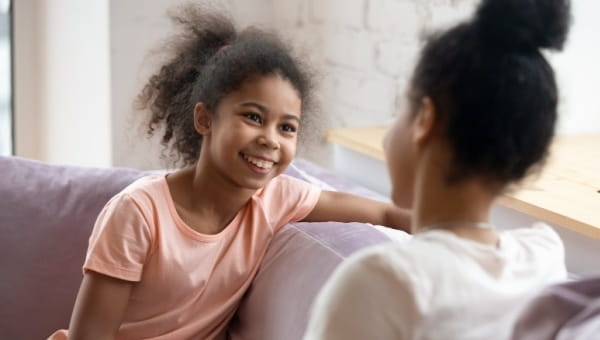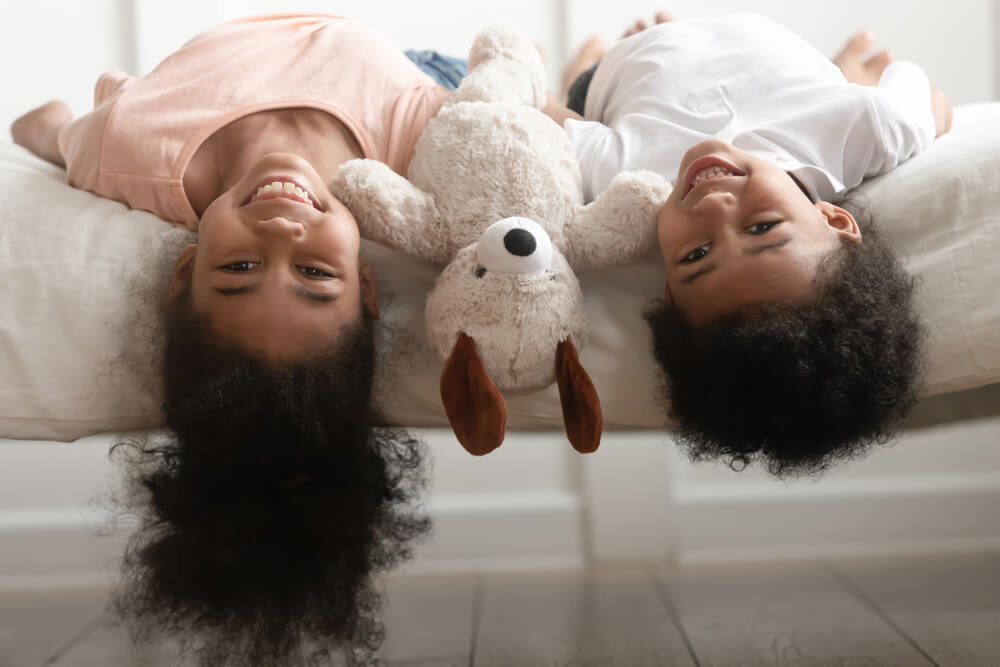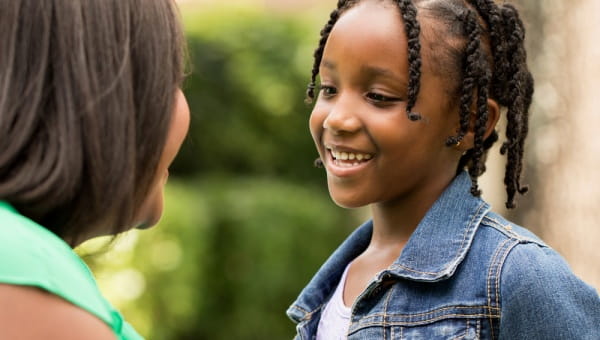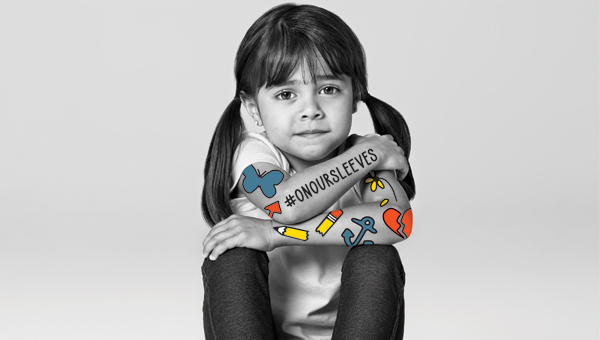Talking About Current Events
Kids learn about current events in many ways including from friends, media, online or personal experiences. These current events can include local and world events, from celebrations and festivals to war and natural disasters. Some days seem to bring more bad news than good news. Even though we try to protect kids from the bad news, it's impossible to steer them clear of the many ways they learn about these events. The media presents constant reminders of loss, as information, reports and videos are shared to keep people informed. Understanding our response to bad news or events is more important in the eyes of children then the bad news or tragedy itself. Showing emotion lets kids know that it's okay to be sad, angry or confused. Take time to think and process your feelings first, then consider the best approach for each child individually. Kids differ by age, emotional maturity and knowledge. Ask them what they know and how they feel and answer their questions openly and honestly. You may not have all the answers but be sure they know you're there to support them and that you'll be there for them as you get through the situation and learn more together.
How can you help your kids to deal with upsetting current events?
- Process your feelings first.
- Consider your child and what is best for them to know.
- Talk about what they know and how they feel.
Strategies for Talking About Current Events with Kids
What to ask: Keep it simple and open-ended - "Do you have any questions about...?"
See how interested they are: If they are asking you then they are interested. If not, ask them.
Share small: Start with small amounts of information then add details if they want to know more. What you share is up to you.
Be prepared to be stumped: You might not know all the answers but be honest even if you don't know and follow up if needed.
Listen: Take the time to hear them out and acknowledge what they're saying.
Stay neutral: Try to limit your reaction and reserve judgement. Focus on what happened and be objective.
Normalize feelings: Kids can have many different emotions. Be sure to recognize how they are feeling.
Back off if needed: No need to force a discussion if the child does not want to talk. Let them know you will be there if they want to talk.
For more information, visit:
Talking to Kids About Current Events - The Kids Mental Health Foundation







